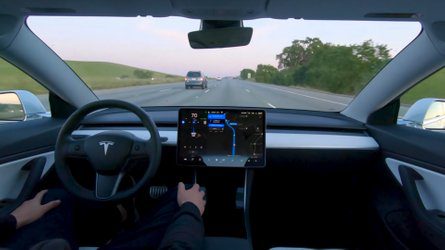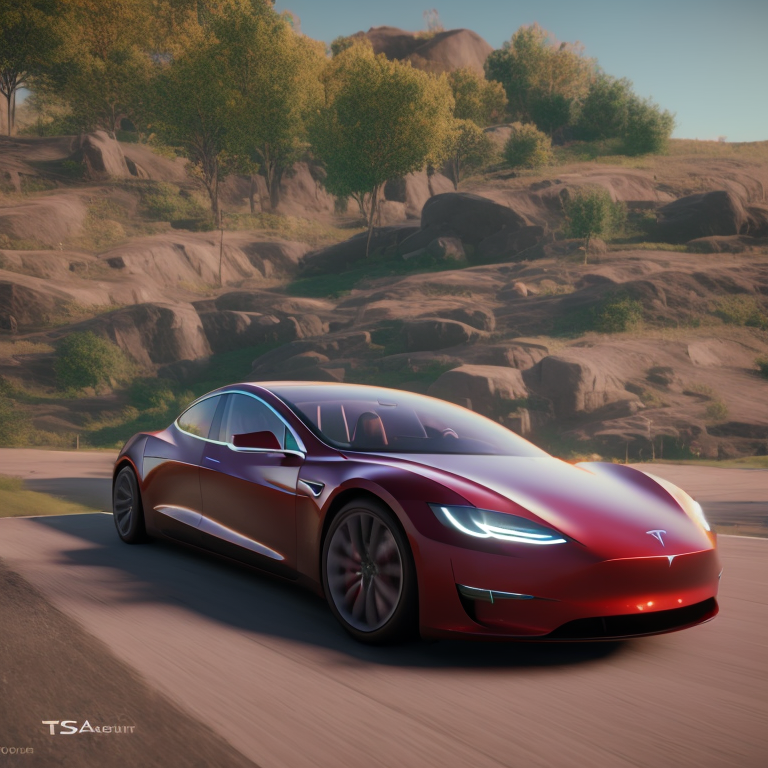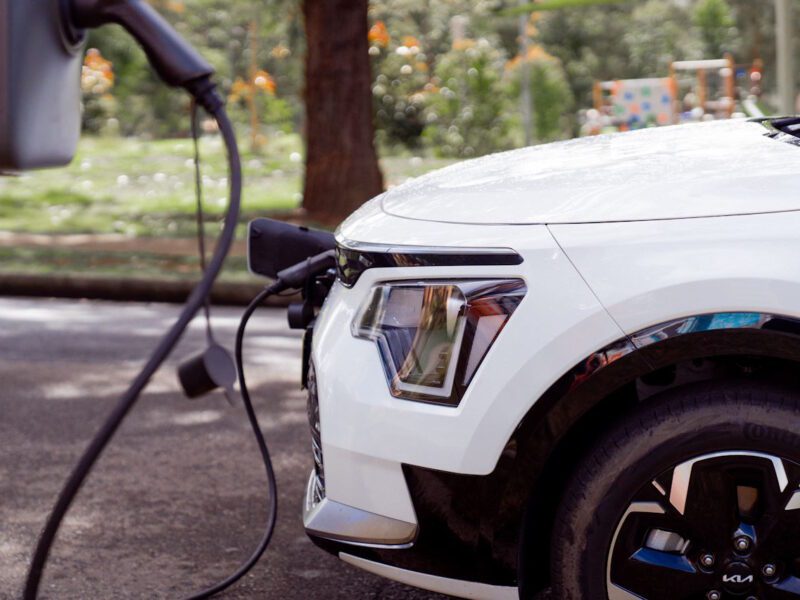



Tesla is recalling 362,758 cars made between 2016 and 2023 due to potential issues with its Full-Self Driving (FSD) Beta driver assistance system. According to the National Highway Traffic Safety Administration (NHTSA), the system may cause crashes due to certain shortcomings, such as allowing the vehicle to travel straight through a turn-only lane or entering a stop sign-controlled intersection without coming to a complete stop. As a result, Tesla will issue an over-the-air (OTA) software update to all affected vehicles, although the exact changes are yet to be revealed.
The recall affects all Tesla models in the United States with FSD Beta active, including the Model 3 (2017-2023), Model S (2016-2023), Model X (2016-2023), and Model Y (2020-2023). Owners will be notified via letters by April 15, 2023, and the OTA software update will be free of charge.
Although Tesla did not agree with the regulators’ analysis, it decided to do the voluntary recall “out of an abundance of caution.” It remains to be seen what changes will be made to Tesla’s FSD Beta software and whether or not they will be included in the upcoming Hardware 4.0-equipped vehicles. This new Autopilot computer, also known as HW4 or FSD2, will not be able to be retrofitted onto older models, meaning that owners of these vehicles will have to stay with the older-generation Hardware 3.0 computer.
In conclusion, Tesla is recalling 362,758 cars made between 2016 and 2023 due to potential issues with its Full-Self Driving (FSD) Beta driver assistance system. The company will issue an over-the-air (OTA) software update to all affected vehicles, although the exact changes are yet to be revealed. Owners of these vehicles will be notified via letters by April 15, 2023, and the OTA software update will be free of charge. It remains to be seen what changes will be made to Tesla’s FSD Beta software and whether or not they will be included in the upcoming Hardware 4.0-equipped vehicles.
FAQ
Q1: Are electric car batteries recyclable?
A1: Yes, electric car batteries can be recycled.
Q2: Are electric car chargers free?
A2: It depends on the charger and the location. Some public charging stations may be free, while others may require a fee.
Q3: Are electric car batteries dangerous?
A3: Electric car batteries can be dangerous if not handled properly. They contain hazardous materials and should be handled with care.







